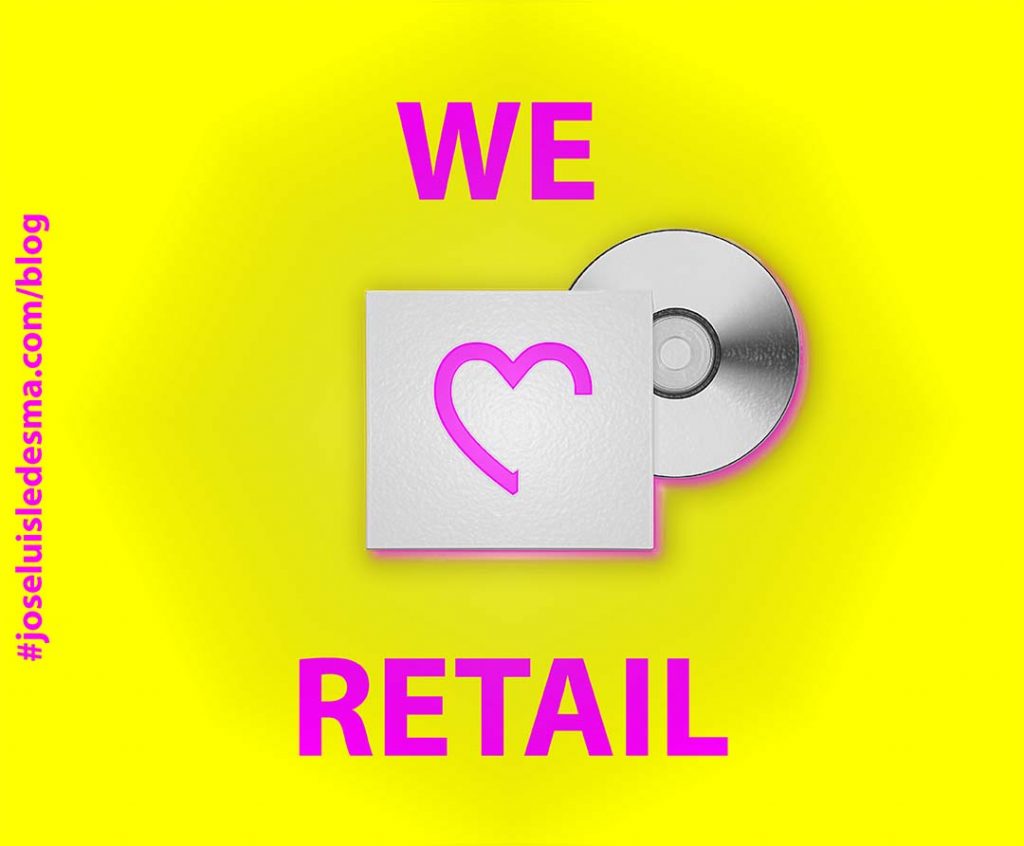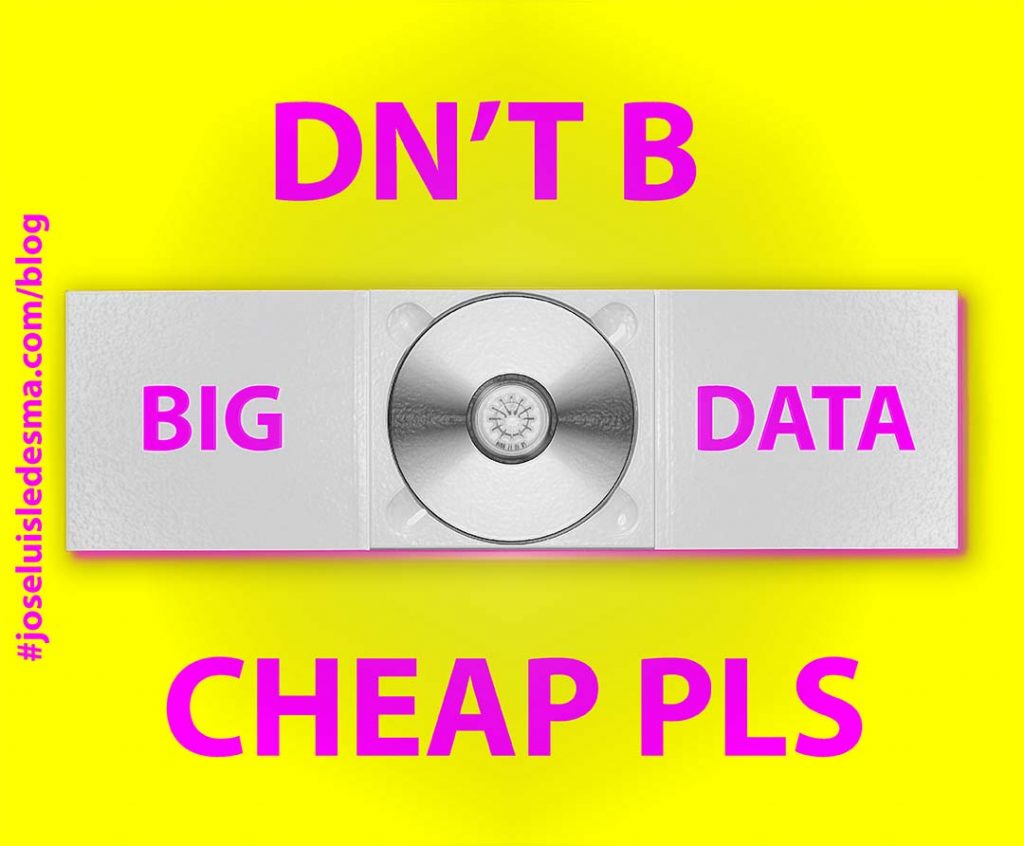Big Data and Retail

Big data is a tool that is revolutionizing many sectors and is definitely here to stay, but what exactly is it? What applications does it have in the world of retail?
Big Data is a process that analyses and interprets large volumes of data, both structured and unstructured. This remotely stored information can be used by companies as a basis for their business decisions.
Opportunities and challenges
The characteristics of the Fashion and Retail sector make it an ideal field for the use of Big Data, which combined with analysis techniques can generate great opportunities.
The correct use of Big Data allows us to process information to know our customers, understand their behaviour and consequently decide how to build sales strategies.
With good management and analysis we can, for example, create suggestions based on the purchase history of our customers or generate customized orders.
Some of the most important information we can analyse in the Retail sector are:
- Customer abandonment or cart abandonment prediction
- Hours of peak sales
- Increased customer Lifetime Value
- Store performance
- Demand prediction
- Conversion rates
- Stock control
- Increased customer loyalty
- Product insights
- Shopping cart analysis: cross-selling and up-selling
- Product information
In addition to collecting them, it is very important to know how to analyse and interpret them. It is necessary to have an orderly and prioritized structure to present the data in an accessible and visual way.
In this way we will be able to reach effective conclusions in order to implement effective strategies.
Big Data and competitors

A report by McKinsey states that companies that use consumer data information are able to outperform competitors by 85% in sales growth.
This is because they use the Big Data process and analysis in the right way, with which they can gain market knowledge and also product insights.
According to The Guardian, the fashion brand ASOS, for example, achieved a 33% increase in sales using the Big Data analytics services of EDITD: a British start-up, specializing in fashion companies that also works for companies such as TopShop, M&S, Banana Republic and Abercrombie & Fitch.
The company helped the ASOS sales team to determine the most appropriate products and pricing to increase sales without losing profitability.

In conclusion, the strategic use of data will allow to optimize from sales management to the logistics of a company as well as its commercial image, thus increasing its profits and improving the shopping experience of its customers.
Contact meSources:
mckinsey.com; oracle.com; the guardian.com; zendesk.com; ecommerce-news.es; joseluisledesma.com.



